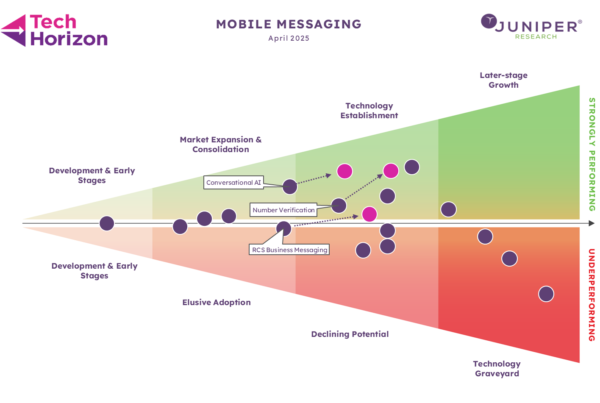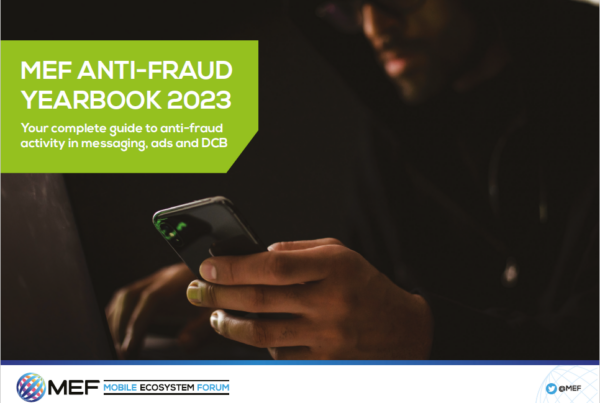Digital transformation can propel the global economy to new heights says the World Economic Forum. But in their new research paper, it cautions that consumer trust stands in the way.
In the 20th century the global economy was supercharged by the arrival of choice. Commodities turned into brands. Product differentiation exploded.
In the 21st century, digital technologies will drive the next wave of growth. So says the World Economic Forum. It is, not surprisingly, very optimistic about this potential revolution.
In fact, the talking shop for politicians, business leaders and academics believes the digitalisation of consumer industries is ‘a $10 trillion opportunity’ (by 2025).

It cites four key digital engines that will drive the change.
They are:
Omnichannel retail and e-commerce
Digital shopping will save time and travel, reduce costs and deliver personalised products.
 The experience economy
The experience economy
Evolving products into services, and services into experiences.
Consumer data flow and value capture
This describes the ability to data analysis to create differentiated offerings, reduced costs of product design and greater efficiency in marketing.
Digital operating models
The use of automation, connectivity and intelligence in supply chains.
And it says the impact will be felt across 10 areas:
- E-commerce
- Sharing economy
- Product services and experiences
- Smart supply chains
- Physical store transformation
- Data as an asset
- Data privacy and transparency
- Hyper personalisation
- Talent management
- Smart factories
31 per cent are happy to have their data linked to their identity so they can have more personalised experiences. 26 per cent took the opposite view – they don’t want information linked to identity. The rest (43 per cent) would give up all personalisation in favour of privacy.
Obviously, there are caveats. And one of the biggest centres on consumer trust. This is something the MEF community knows only too well.
Indeed, we have published multiple research papers on the topic. In January 2016, we revealed that over a third (36 per cent) of consumers are put off downloading and using more mobile apps and services due to privacy and security concerns.
The WEF has also published its own findings on the state of consumer trust – and its ability to hamper the creation of value offered by digital transformation.
Last month, in partnership with comScore and McKinsey & Company, it published the results of a six country survey with more than 6,000 respondents across a range of age groups. It published the results in a free white paper called Shaping the Future Implications of Digital Media for Society: Valuing Personal Data and Rebuilding Trust. In order to give some context to user concerns, the paper introduces a new framework called Valuing Personal Data. It sounds complicated but it actually describes the four types of personal data that result when a person uses a digital service. Here comes another list. They are:
Digital Identity
An individual’s basic identifying traits (name, IP address)
Digital Personae
Content and social behaviour shared with networks (e.g. status updates, likes etc)
Digital Footprints
Cookies, location data etc
Derived data
The results of combining and analysing all user data to create detailed profiles
So, what do consumers think about all this?
 Well, obviously, they are concerned. The WEF found just 30 per cent of respondents say they are comfortable with data about their activities being collected, analysed and stored. That’s when the data is from the use of public places, facilities or infrastructure. People are more comfortable (45 per cent) when the data is collected by internet-connected home appliances, personal assistants or vehicles.
Well, obviously, they are concerned. The WEF found just 30 per cent of respondents say they are comfortable with data about their activities being collected, analysed and stored. That’s when the data is from the use of public places, facilities or infrastructure. People are more comfortable (45 per cent) when the data is collected by internet-connected home appliances, personal assistants or vehicles.
The important factor is the value exchange in surrendering that data. People expect to get something back. 31 per cent are happy to have their data linked to their identity so they can have more personalised experiences. 26 per cent took the opposite view – they don’t want information linked to identity.
The rest (43 per cent) would give up all personalisation in favour of privacy.
Clearly, some consumers are already very privacy-savvy. The research suggests this is more than just a tech-literate elite. 53 per cent say that the main reason they use certain instant messaging services is because messages are encrypted. And 47 per cent say they would not use, or will stop using, a certain service because they do not provide adequate end-user control.
Overall, 54 per cent believe they have sufficient knowledge about which activities, actions, behaviours and information make up their online presence. Meanwhile almost have say they understand tools such as ad blocking, tracking protection browser add-ons and VPNs (48, 44 and 43 per cent respectively).
The WEF’s report ‘Shaping the Future Implications of Digital Media for Society: Valuing Personal Data and Rebuilding Trust’ is available to download now




